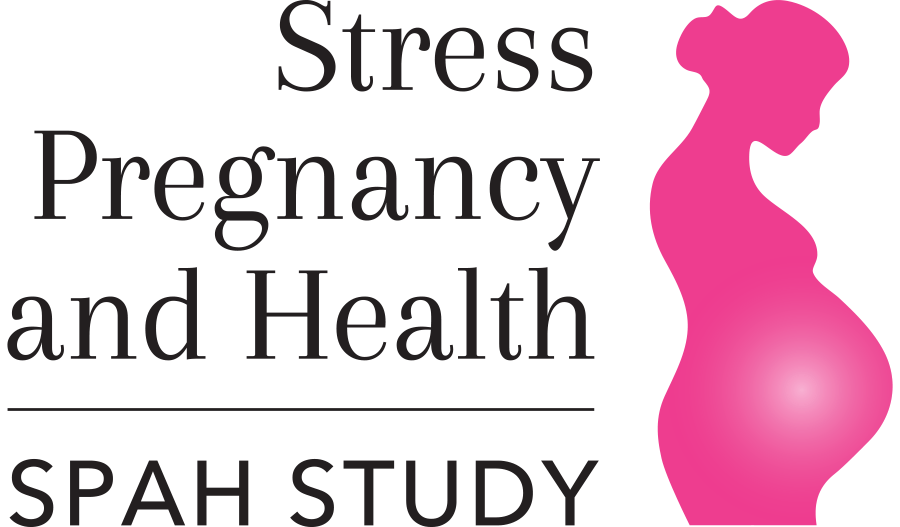Thank You for Your Interest in the Postpartum Study!
We are delighted to announce that the recruitment phase for this study has been successfully concluded, and as a result, we are not accepting any further participants at this time.
To all those who took part in the Postpartum study, your involvement has greatly contributed to advancing our understanding of stress in postpartum. Your support and dedication are highly appreciated.
How is our study going?
Recruitment for the postpartum study began in August 2018, and was completed on 12/9/2022.
Participants enrolled
Completed lab visits
Completed phone interviews
%
Enrollment goal complete
%
Delivered Participants
Learn more about the Stress and Postpartum Health Study below!
Why is this research being done?
The purpose of this study is to examine the ways in which self-reported and biological markers of stress during pregnancy and in the postpartum period relate to inflammation outcomes.
What is the public health relevance?
It is well-understood that psychological stress plays a key role in creating disparities in pregnancy and child outcomes. However, there is less clarity about how stress after delivery shapes infant feeding behavior. Moreover, other studies have lacked long term data of birthing parents’ self-reported and biological stress measures in the postpartum period. This study attempts to identify the way stress and infant feeding behavior influence each other using a more comprehensive analysis.
This study follows a large group of participants following delivery to learn about their:
- support and relationships
- perceived stress
- sleep patterns
- biology
- and infant feeding experiences
A more in-depth understanding of the relationship between these factors can be used to better inform psychosocial and infant feeding support provided to birthing parents before and after pregnancy.
How many people are being studied?
200 participants will be enrolled into this study.
What can we learn from the health measurements?
- The phone surveys will provide information about a participant’s perceived stress, mood, and support after delivery of their baby. Questions about the participant’s infant feeding behavior will be used to understand how those variables may be affecting their parenting experience.
- From the blood and breast milk samples, we will measure molecules and hormones that are affected by stress and are important to maternal and child health. We will investigate how a birthing parent’s stress before and after delivery influence these molecules, and how these molecules are provided to the infant via breast milk.
- Participants’ medical records up until 6 months postpartum will be used to gather information about the birthing parent and their infant’s health after delivery.

Research Study title: Stress and Health During Pregnancy, IRB #STU00206269, Dr. Gregory Miller, Northwestern University, Department of Psychology, Dr. Ann Borders, Northshore University HealthSystem, Maternal-Fetal Medicine
